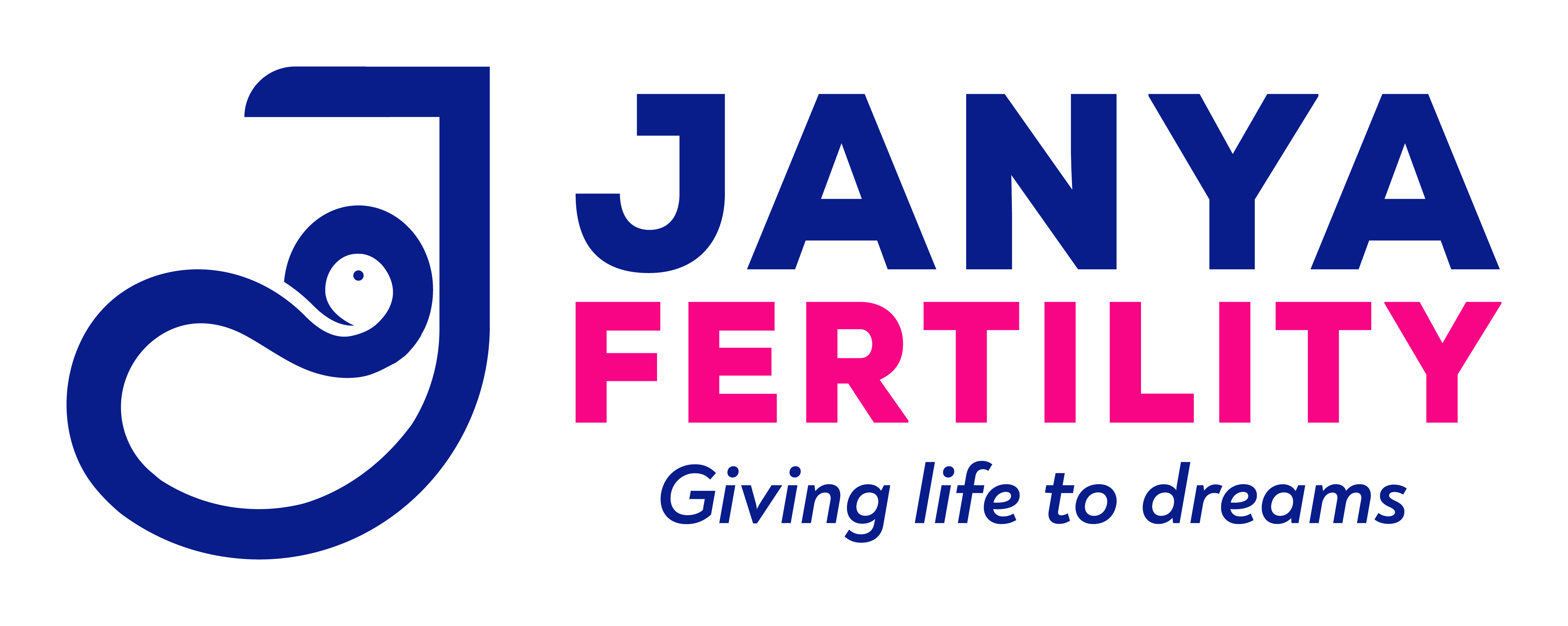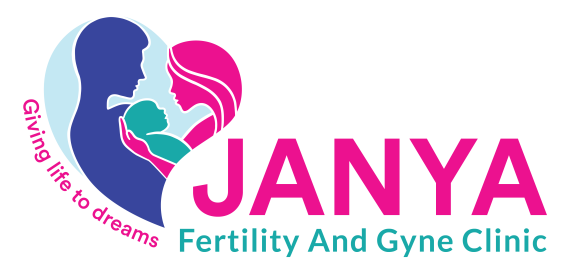Ovulation Induction Procedure
Ovulation induction might be the key you’ve been searching for. This medical treatment uses medications to help your ovaries produce mature follicles, the tiny sacs containing eggs needed for conception.
How does Ovulation induction work?
- Assessment: Your fertility specialist will first evaluate your situation through blood tests to measure hormone levels and an ultrasound to check follicle development and uterine lining thickness.
- Stimulation: Oral medications or hormone injections gently nudge your ovaries into producing one or more mature follicles. The specific medication and dosage will be tailored to your unique needs.
- Monitoring: This step is crucial. Your specialist will keep a close eye on your progress using ultrasounds and blood tests to ensure optimal follicle development and minimize the risk of multiple pregnancies.
- The Big Moment: As your follicles reach peak maturity, your specialist will advise the ideal day for timed intercourse or suggest intrauterine insemination (IUI), where sperm is placed directly into your uterus, maximizing the chances of fertilization.
How is Ovulation induction beneficial?
- Irregular menstrual cycles: Cycles longer than 35 days or shorter than 21 days indicate irregularity.
- Anovulation: The complete absence of ovulation.
- Polycystic ovary syndrome (PCOS): A hormonal condition with irregular cycles and multiple small follicles.
What to expect?
Ovulation induction doesn’t guarantee pregnancy, but it significantly increases your chances of conception. Multiple cycles may be needed depending on your response to the medications. Careful monitoring helps ensure safety and optimize success.
Take the first step:
Ovulation induction can be a powerful tool on your journey to parenthood. By understanding the science and working closely with your fertility specialist, you can navigate this path with clear expectations and renewed hope. Remember, you’re not alone. Many couples have successfully built families with the help of ovulation induction. Take the first step with Janya Fertility Clinic and explore this potential path to your dreams.
Frequently Asked Questions (FAQs)
How is ovulation monitored during Ovulation Induction?
Ovulation is monitored through regular transvaginal ultrasound scans to observe follicular development and blood tests to measure hormone levels, such as oestradiol and progesterone.
Can Ovulation Induction lead to multiple pregnancies?
Yes, there is an increased risk of multiple pregnancies, mainly due to the release of more than one egg. Careful monitoring and adjustments in medication dosage aim to minimize this risk.
How many cycles of Ovulation Induction are typically recommended before considering other treatments?
The number of recommended cycles varies, but healthcare providers often suggest three to six cycles of Ovulation Induction before considering more invasive treatments.
Is Ovulation Induction covered by insurance?
Insurance coverage for Ovulation Induction varies. Some plans may cover the medications and monitoring, while others may not. It’s crucial to check with your insurance provider to understand your coverage.

